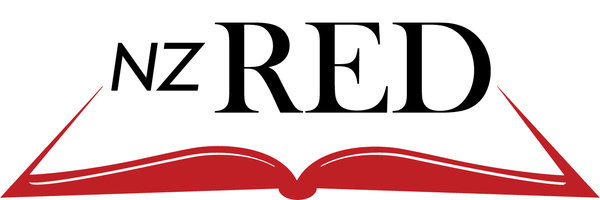
Functionality and usability requirements for a crowdsourcing task interface that supports rich data collection and volunteer participation / A case study: The New Zealand Reading Experience Database (Victoria University of Wellington, 2013)
ABSTRACT
The New Zealand Reading Experience Database (NZ-RED) is a crowdsourced history of reading project based on the UK-RED launched in 1996. The purpose of this study is to produce high-level functionality and usability requirements for a NZ-RED task interface that supports volunteer participation and rich data collection, and to determine the extent to which the UK-RED task interface meets these requirements.
The case study takes a mixed-methods approach informed by grounded theory. Data was collected from RED project documentation and research, a usability inspection of the UK-RED task interface using evidence-based heuristics developed by Petrie & Power (2012), an online questionnaire of 112 current and potential RED contributors, an examination of recent crowdsourcing projects, and literature on crowdsourcing and human-computer interaction.
This study established seven functionality and usability requirements for a NZ-RED task interface that supports volunteer participation and rich data collection: minimize user effort; support integration of the task with research processes; enable new visitors and contributors to understand what the task involves quickly and easily; support accurate and controlled data entry; be easy to use for people reasonably confident with the Web; support flexible, structured data entry; and support bilingual data entry. The UK-RED task interface partially meets four of the seven requirements.
Evidence-based requirements that inform project development and evaluation contribute to the social sustainability of crowdsourcing projects driven by academic and cultural heritage institutions. Future research could review the requirements produced by this study and consider their impact on the social sustainability of the NZ-RED and, potentially, World-RED partners. An increase in published requirements documentation could help to inform the requirements activity of other crowdsourcing projects, thereby reducing the time and expertise required. Future research could also investigate the value of studies like this one for other crowdsourcing projects.
PRESENTATION
“Why evaluation isn’t a party at the end: Evaluating crowdsourcing websites”, National Digital Forum 2013 conference, 27 November 2013, Wellington, New Zealand
Video
Presentation
Slides
REPORT
Masters dissertation (PDF)
